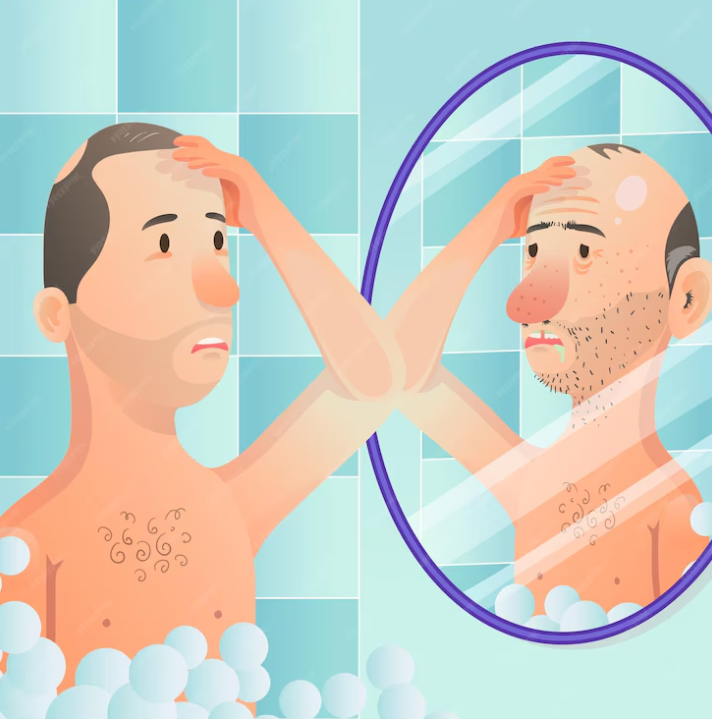
Seborrheic Folliculitis and Hair Loss: Exploring the Relationship
Seborrheic folliculitis, a common skin condition characterized by inflamed hair follicles, can sometimes be associated with hair loss.
Understanding the relationship between seborrheic folliculitis and hair loss is essential for individuals experiencing these symptoms. Identifying the causes of seborrheic folliculitis can help in managing this condition effectively.
How Seborrheic Folliculitis Can Lead to Hair Loss
Seborrheic folliculitis affects the hair follicles, causing inflammation and irritation. When follicles become inflamed, they can weaken and shrink, leading to a condition known as follicle miniaturization. This process can disrupt the normal hair growth cycle, resulting in thinning hair and, in some cases, significant hair loss due to folliculitis. Additionally, the excessive scratching or rubbing of the scalp, common in individuals with seborrheic folliculitis due to itching or discomfort, can further damage hair follicles and contribute to temporary hair loss.
Managing Seborrheic Folliculitis to Prevent Hair Loss
While experiencing hair loss due to seborrheic folliculitis can be distressing, there are steps individuals can take to manage the condition and minimize hair loss effectively:
- Maintain Good Hygiene:
Regularly washing the hair and scalp with a gentle, pH-balanced shampoo can help remove excess oil, dirt, and impurities. This practice reduces inflammation and promotes a healthier scalp environment, essential for preventing hair loss from seborrheic folliculitis. - Use Anti-Inflammatory Products:
Incorporating topical treatments containing ingredients like salicylic acid for scalp treatment or tea tree oil for seborrheic dermatitis can help reduce inflammation and soothe the scalp, potentially slowing down hair loss. - Avoid Harsh Chemicals:
Refrain from using harsh hair care products or treatments that can further irritate the scalp and exacerbate hair loss. Opt for mild, hypoallergenic hair care products instead, which are less likely to irritate sensitive skin. - Seek Medical Advice:
If experiencing significant hair loss or if seborrheic folliculitis symptoms persist despite home remedies, consult a dermatologist. They can provide personalized treatment options, such as prescription medications or procedures, to help manage the condition and prevent further hair loss effectively.buy nolvadex online https://cphia2023.com/wp-content/uploads/2024/08/jpg/nolvadex.html no prescription pharmacyonline pharmacy buy cipro with best prices today in the USA
Conclusion
While seborrheic folliculitis can sometimes be associated with hair loss, it is possible to manage the condition effectively and minimize hair loss with the right approach. By maintaining good hygiene, using appropriate skincare products, and seeking medical advice when needed, individuals can take control of their condition and maintain healthier hair and scalp.
Understanding the impact of seborrheic folliculitis on hair health is crucial for long-term management.
To seek medical advice, always consult a Doctor.
Here are our recommended EXPERTS. Click here
To read more on SKIN. Click Here


